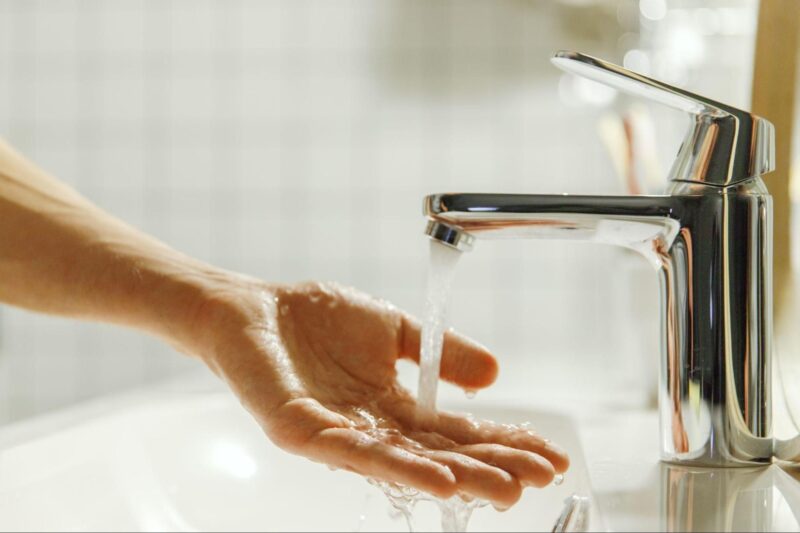In every home, hot water systems serve an important role by providing heated water essential for everyday activities such as bathing, cleaning, washing dishes, and even cooking. The level of importance of having accurate hot water system settings is not something to be taken lightly. The temperature at which systems run is a primary consideration in their overall efficiency and safe operation. Inefficiently set systems can become a major cause for increased energy consumption, and tightened outflows, which can adversely affect your utility bills.
This comprehensive guide aims to provide homeowners and property managers with valuable knowledge on how to accurately adjust their hot water systems. It contains an extensive discourse on the nature of various systems, how to achieve energy efficiency through ideal temperature settings, potential health and safety implications, and the maintenance necessary to ensure the longevity of your system. By arming yourself with this knowledge, you will be equipped to maintain an optimally functioning, energy-efficient, and safe hot water system.
Understanding Your Wter System
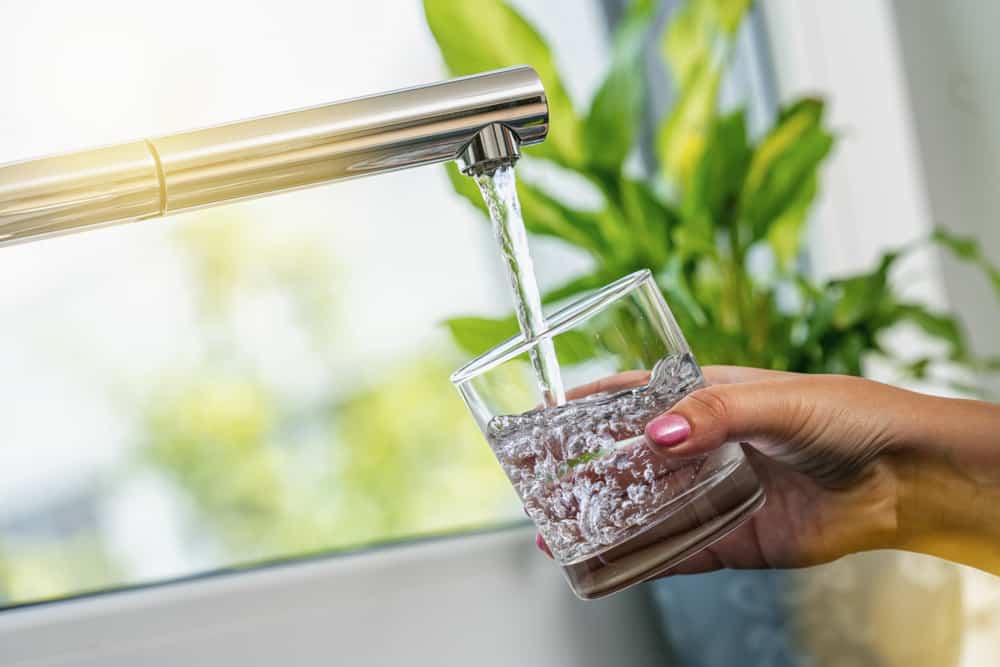
Understanding your hot water system starts with knowing the type of hot water system you have installed in your home. Different systems function distinctively; their temperature settings can also vary. Therefore, knowing their mode of operation significantly helps in operating the system effectively. The most commonly used systems in Australia are storage water heaters, continuous flow heaters, heat pump water heaters, and solar heaters.
Storage water heaters use an insulated tank to store water heated either by gas or electricity. Continuous flow heaters, alternatively known as tankless water heaters, heat water directly without using a storage tank. Here, a gas burner or electric element heats the cooling water running through a pipe, supplying hot water ‘on demand.’
Heat pump water heaters capture heat from the air or ground around and use this heat to heat the water. Differently, solar heaters harness the sun’s energy to heat water, supplemented by a gas or electric booster during winter months or cloudy days.
Temperature settings are a crucial component of these hot water systems. Incorrect temperature settings can lead to varied issues. A temperature that is too high can cause escalated energy consumption and the risk of scalding, while a setting that is too low may not provide a sufficient amount of hot water or cause bacterial growth. It is crucial that the temperature setting is balanced to uphold both safety and functionality standards.
Ideal Temperature Setting for Energy Efficiency
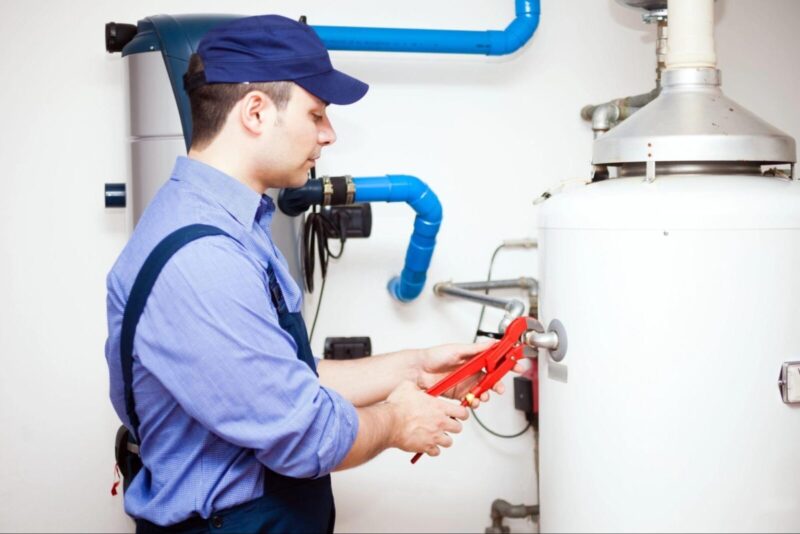
The fanatic emphasis on the significance of accurate temperature settings is due to the direct impact it has on residential energy consumption. If a system consistently heats water to extremely high temperatures, more energy is expended. An energy-and-cost-effective strategy is to regulate your system’s temperature between 60 and 65 degrees Celsius. This range ensures that the heated water is hot enough for typical domestic use but not too hot to cause scald injuries or waste energy or even damage the system itself.
Adjusting the temperature of your hot water system is a direct and usually straightforward task, provided the system is easily accessible. However, it is a task that requires caution. The process involves identifying the thermostat on the hot water system and adjusting as desired.
Most heater manufacturers pre-set their thermostats at 60 degrees Celsius. However, if you find that this setting does not satisfy your hot water needs or isn’t energy efficient, it may be essential to adjust it. In this case, adjusting off-peak settings for constant hot water can help to mitigate the issue. This adjustment enhances the balance between energy consumption and demand for hot water, which could benefit your energy bills by reducing consumption during peak demand times.
Health and Safety Implications
The health risks associated with high water temperatures cannot be taken lightly. Water heated above 60 degrees Celsius could cause scalds. Scalds are burns triggered by hot liquids or steam, and when the heated water temperature is as high as 60 degrees Celsius, a third-degree scald can occur in seconds.
Taking safety measures is integral in preventing such incidents, especially in households that include susceptible individuals such as children, the elderly or those with certain health conditions. Therefore, accommodating the need for hot water on a daily basis without jeopardizing the safety of household members has to be strategically managed.
One method of successfully balancing the requirement for hot water without compromising safety is through the installation of thermostatic mixing valves. These valves mix heated water with cold one to grant a constant and safe outflow temperature. The introduction of these mixing valves can reduce the risk of hot water burns because they can be preset to restrict the maximum temperature delivered to fixtures to help prevent scalds.
Maintenance
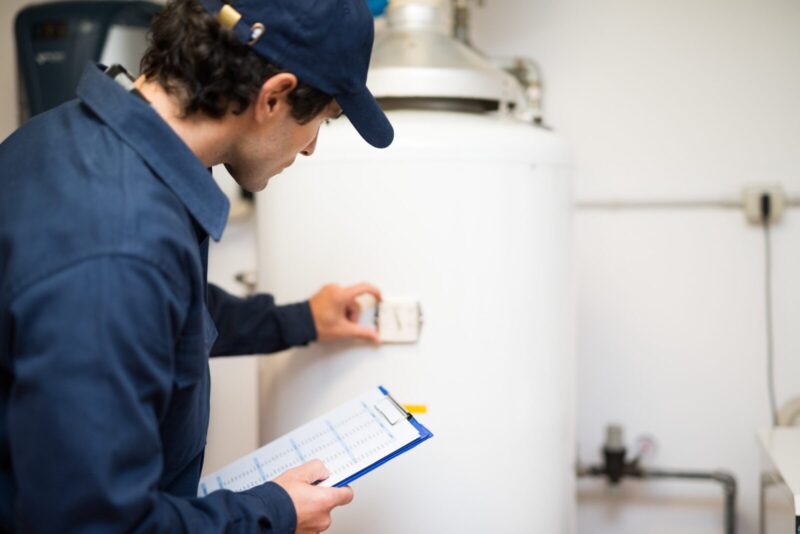
Just like any other home appliance, your hot water system also needs regular maintenance checks. Hot water systems, if left unchecked, could decrease in performance due to sediment build-up, accumulated scale, or rust build-up which could lead to component failure.
Some systems require draining to eliminate sediment build-up. This draining process could be done independently, although professional guidance is recommended. For system-specific maintenance requirements, professional reviews should be arranged periodically. Isolating a problem at an early stage could help prevent further issues, potentially avoiding the price of having to replace a hot water system.
The role of professional plumbing services is very important in maintaining the system. They carry industrial-grade equipment and years of training to ensure that your hot water system enjoys the longest lifespan possible.
Furthermore, troubleshooting common issues associated with temperature settings before they escalate is also critical. But remember, should the issue persist, contact professionals immediately. Consulting a professional will help you avoid potential damage to the larger system.
Enhancing the Lifespan of Your System
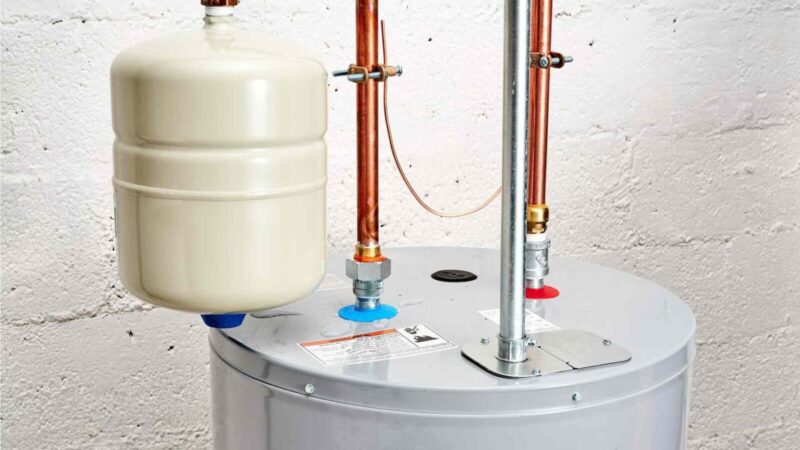
The lifespan of your system can be affected by various elements, including the temperature settings. For instance, increasing the hot water temperature could accelerate the corrosion rate of the system’s components, potentially shortening its lifespan. Conversely, a temperature setting that is too low can lead to bacterial growth.
Accurate temperature settings, quality installation of the hot water system, appropriate system size, and preventive maintenance are some of the important factors influencing the lifespan of your system. A well-managed unit can offer better system performance, increased energy efficiency, and importantly, prevent untimely wear and tear.
A well-serviced and maintained hot water system can last up to 15 years or more, offering substantial economic benefits. You could save not just on your energy bills but also avoid premature repair and replacement costs. That is why prolonging the lifespan of your hot water system is definitely an aspect worth dedicating some time to.
Conclusion
Accurate temperature settings are vital for the optimal functioning of your hot water system. Striking a balance between energy efficiency, safety, and the longevity of your hot water system is a task that requires knowledge, understanding, and regular maintenance. Armed with the insights from this guide, you can ensure the precise control of your hot water system settings – ensuring you always have a hot water supply, making your system more energy-efficient, and extending its lifespan for your convenience and peace of mind.
Maintaining your hot water system is not merely a recommendation but a necessity to ensure your safety at home and everyone who resides with you. It is always worth sparing time to regularly check on the hot water system settings. Because in the grand scenario, this small time investment is nothing compared to the comfort, safety, and peace of mind that a properly functioning hot water system brings into your home.
